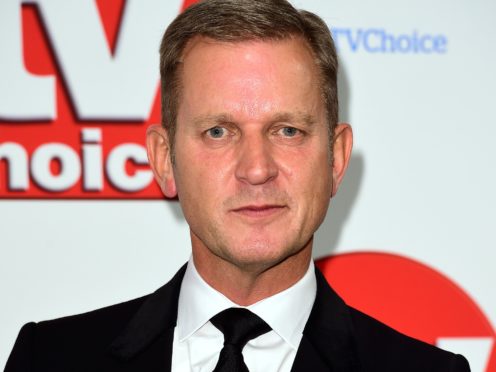MPs will quiz the television regulator on stricter rules for reality TV in the wake of the furore surrounding The Jeremy Kyle Show.
The Digital, Culture, Media and Sport Committee is questioning Ofcom next week, as part of a previously-arranged session on the work of the watchdog.
MPs launched an inquiry into reality TV following the death of Steve Dymond, a week after he was filmed for Kyle’s show, and the cancellation of the ITV programme.
Do TV shows like Jeremy Kyle put unfair psychological pressure on participants and encourage more extreme behaviour? The @CommonsCMS want to hear your views. https://t.co/u9LNrK6fOn
— UK Parliament (@UKParliament) May 15, 2019
The committee said that in “light of” its inquiry into reality TV, it will examine “Ofcom’s pledge to look at extending existing rules in this area and whether there is a need for greater regulation.”
Ofcom announced, following the Kyle controversy, that it had already been looking at the possibility of tightening up the rules on reality TV and safeguarding the welfare of its participants.
MPs will also look into the subject of disinformation and “fake news”, and the possible future role of the broadcasting regulator in social media regulation.
Presenter Kyle has said he is “utterly devastated by the recent events”.
The show had been a regular fixture in the TV schedule since 2005, but it was axed following criticism from MPs and the public.
ITV has also faced scrutiny over its support for reality show talent following the deaths of former Love Island contestants Sophie Gradon and Mike Thalassitis.
MPs will question Sharon White, chief executive of Ofcom, on Tuesday.
Other subjects, also part of Ofcom’s remit, will include mobile coverage and upcoming spectrum auctions, 5G readiness and public service broadcasting regulation.
An Ofcom spokeswoman said later: “While ITV has decided to cancel the programme, its investigation into what happened is continuing and we will review the findings carefully.
“It’s vital that people taking part in reality and factual shows are properly looked after. We’re examining whether more can be done to safeguard the welfare of those people, similar to the duty of care we have in the Broadcasting Code to protect under-18s.
“Any changes must be helpful and effective, so we’ll speak to programme participants, broadcasters, producers and psychologists before finalising any new guidance.”
